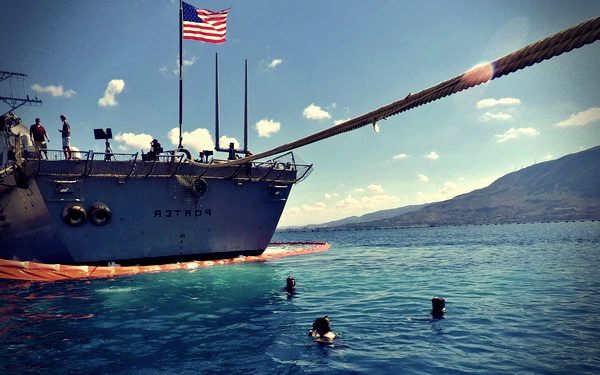Discussion of UCMJ art. 10: pretrial confinement and arrest:
Article 10 UCMJ states: “When any person subject to this chapter is placed in arrest or confinement prior to trial, immediate steps shall be taken to inform him of the specific wrong of which he is accused and to try him or to dismiss the charges and release him.” Violations may occur where the accused is tried in less than 120 days. “The touch stone…is not constant motion, but reasonable diligence in bringing the charges to trial. An “Article 10” motion will be granted when the government “could readily have gone to trial…but negligently or spitefully chose not to.” United States v. Kossman, 38 M.J. 262, 258 (C.M.A. 1993).
Analysis for Application
The courts have held that compliance with R.C.M. 707 does not equate compliance with “Article 10.” The following cases review the factors courts look at when deciding whether a violation of “Article 10” exists.
United States v. Mizgala, 61 M.J. 217 (C.A.A.F. 2005).
Appellant’s pretrial confinement began on February 28th. The government did not bring charges until May 14th, citing a delay in obtaining the police report and in relocation of the SJA office due to fire. Appellant made a demand for a speedy trial on April 16th. Article 32 was filed on May 22nd and the charges were referred on June 20th. At arraignment, appellant’s motion to dismiss for violating “Article 13” was denied after the Military Judge found no gross negligence by the government. The Court of Appeals upheld the Military Judge’s ruling, but pointed out several errors the MJ made when deciding the motion.
First, the Court stated that R.C.M. 707’s 120 day requirement is irrelevant when determining whether there was an “Article 10” violation. Second, reasonable diligence, no gross negligence, is the proper standard when analyzing “Article 10” motions. Finally, “Article 10” is more exacting than the Sixth Amendment so the decision should not have been limited to the Barko v. Wingo factors.
United States v. Hatfield, 44 M.J. 22 (C.A.A.F. 1996).
The Court of Appeals granted appellant’s “Article 10” motion, basing its opinion on an “overall lack of forward motion toward resolving a relatively simple case.” The Court took particular concern with the two month delay in appointing defense counsel due to incomplete paperwork.
United States v. Thompson, 68 MJ 308 (C.A.A.F. 2010).
Appellant spent 145 days in pretrial confinement and an additional delay occurred from trial counsel attending a weeklong sexual assault course and then taking four days leave. The trial judge found there was a 37 day period where the government failed to act with reasonable diligence and dismissed all charges with prejudice for violating the appellant’s “Article 10” right to a speedy trial.
The ACCA disagreed, finding it reasonable that trial counsel took “mandatory job-related training” and a short leave. ACCA also pointed out that appellant did not make a speedy trial demand until she had been in confinement for over 140 days, which was not during the 37 day period. Upon returning the case to the MJ, the ACCA stated, “appellee does not allege, nor do we find, that she suffered any hindrance to the preparation of her case because of any delay.”
Length of delay, reason for the delay, time and manner in which the defendant has asserted his right, and the degree of prejudice to the defendant which the delay has caused. Barko v. Wingo, 407 U.S. 514 (1972).
